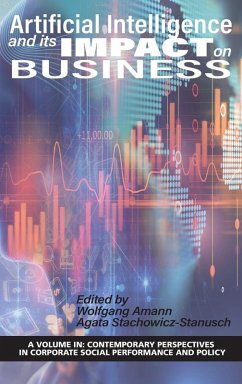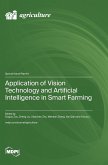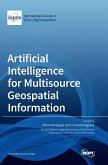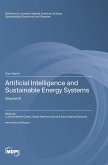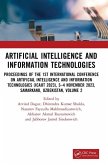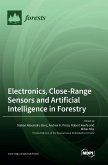Artificial intelligence (AI) technologies are one of top investment priorities in these days. They are aimed at finding applications in fields of special value for humans, including education. The fourth industrial revolution will replace not only human hands but also human brains, the time of machines requires new forms of work and new ways of business education, however we must be aware that if there is no control of human-chatbot interaction, there is a risk of losing sight of this interaction's goal. First, it is important to get people to truly understand AI systems, to intentionally participate in their use, as well as to build their trust, because "the measure of success for AI applications is the value they create for human lives" (Stanford University 2016, 33). Consequently, society needs to adapt to AI applications if it is to extend its benefits and mitigate the inevitable errors and failures. This is why it is highly recommended to create new AI-powered tools for education that are the result of cooperation between AI researchers and humanities' and social sciences' researchers, who can identify cognitive processes and human behaviors. This book is authored by a range of international experts with a diversity of backgrounds and perspectives hopefully bringing us closer to the responses for the questions what we should teach (what the 'right' set of future skills is), how we should teach (the way in which schools should teach and assess them) and where we should teach (what implications does AI have for today's education infrastructure). We must remember as we have already noticed before "…education institutions would need to ensure that that they have an appropriate infrastructure, as well as the safety and credibility of AI-based systems. Ultimately, the law and policies need to adjust to the rapid pace of AI development, because the formal responsibility for appropriate learning outcomes will in future be divided between a teacher and a machine. Above all, we should ensure that AI respect human and civil rights (Stachowicz-Stanusch, Amann, 2018)".
Hinweis: Dieser Artikel kann nur an eine deutsche Lieferadresse ausgeliefert werden.
Hinweis: Dieser Artikel kann nur an eine deutsche Lieferadresse ausgeliefert werden.

